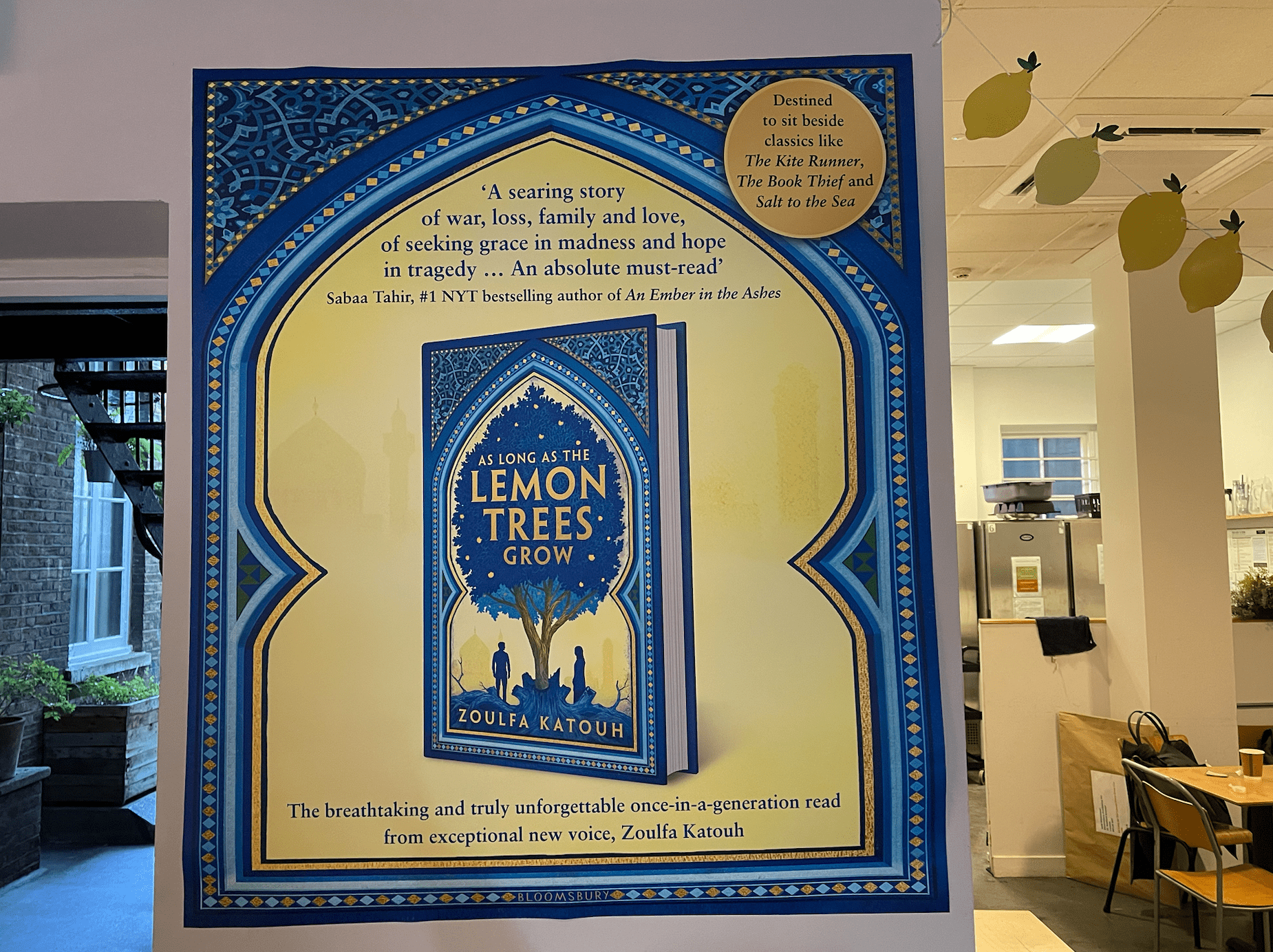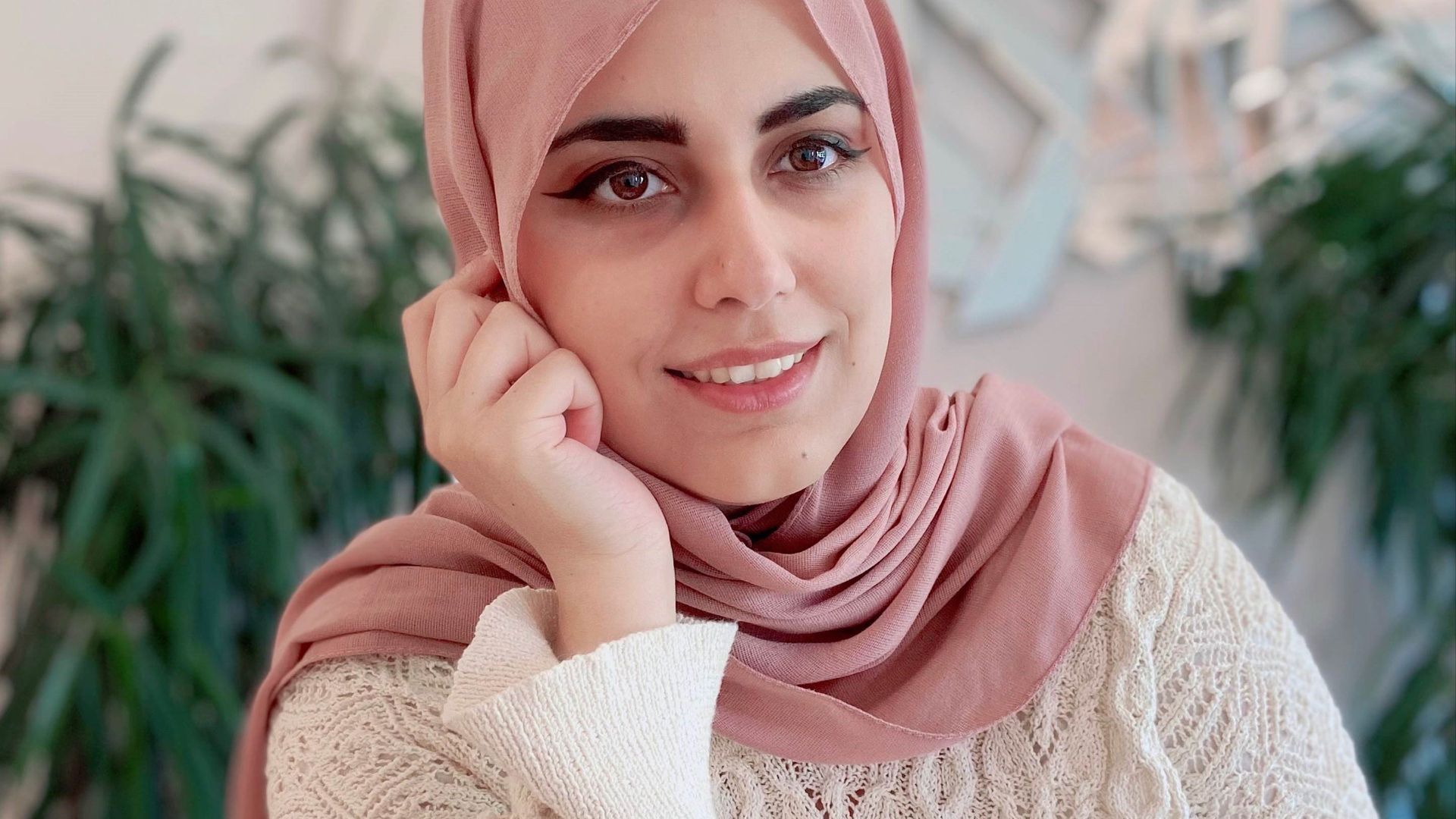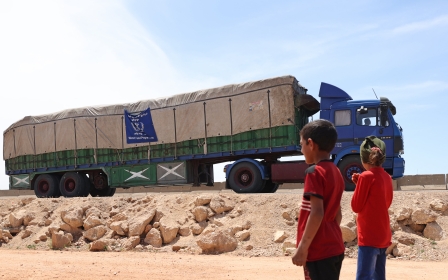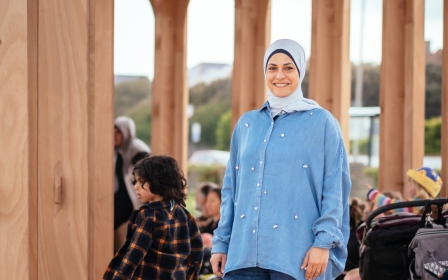As Long as the Lemon Trees Grow: Syrian author Zoulfa Katouh on survivor’s guilt and hope
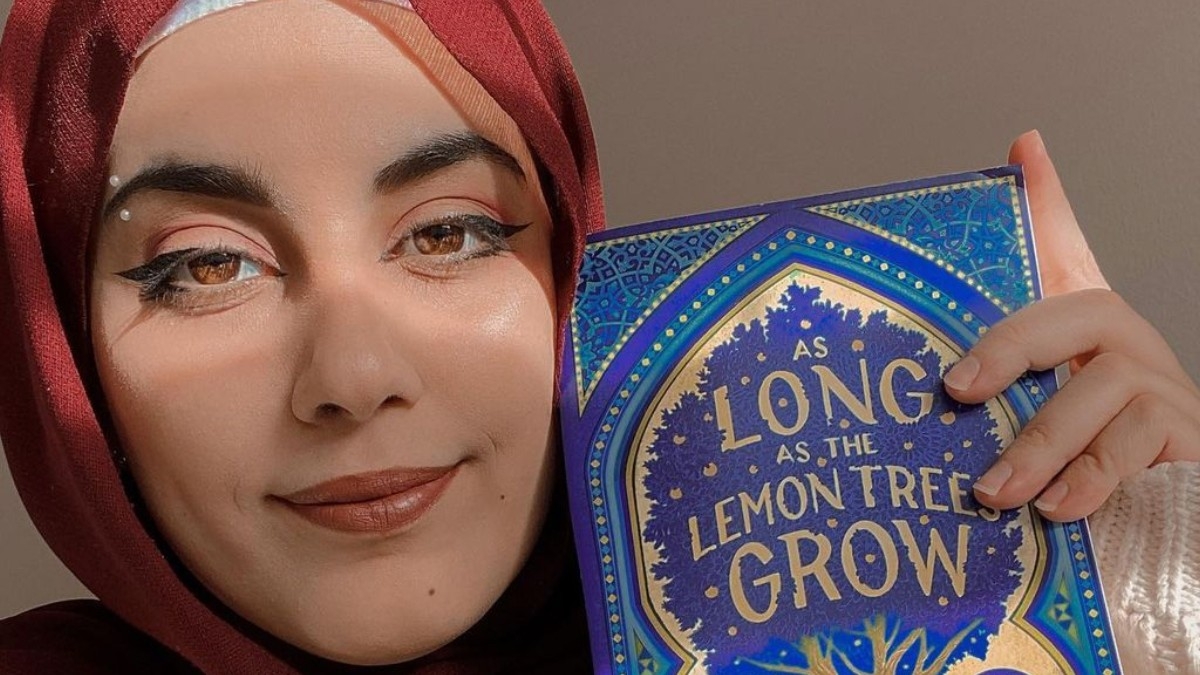
To her friends, Zoulfa Katouh is known as the "lemon witch" - a nod to her obsession with the citrus fruit and the deeper symbolism it carries.
They also feature in the title of her debut novel, As Long as the Lemon Trees Grow, which is set in war-torn Syria at the height of the revolution and centres around a young woman, forced into the role of doctor, surgeon and pharmacist before her education is complete.
She is Salama, an 18-year-old pharmacy worker who lives in the Syrian city of Homs and who volunteers at a hospital.
She not only witnesses the horrors of war but is forced to make life-changing decisions when her loved ones are endangered.
Through Salama, we are given an insight into the cruelty and destruction wrought by a conflict that has continued since 2011.
The author explores themes of guilt, as Salama toys with the idea of fleeing Syria, effectively leaving the familiar faces of the revolution behind.
Post-traumatic stress disorder (PTSD), fear and hallucinations are also common occurences explored throughout the book, cleverly injected between small moments of happiness, which Salama finds in the form of a protester around the same age as her named Kenan.
The two quickly develop a strong relationship amidst the rubble left behind by bombings and air strikes; a relationship that symbolises the possibility of hope in a new Syria.
Slated as a young adult novel, the work is laced with elements of fantasy and romance, in between pages that serve as testament to the trauma caused by the war.
“It feels so surreal to see the words that I wrote five years ago be translated into a book that people all over the world are reading,” Katouh tells Middle East Eye.
Hope and resistance
References to lemons are dotted throughout the book, from the scent they emit to their place in the country’s rich cultural heritage.
“Lemons are an homage to one of Nizar Qabbani’s verses in a poem, which was about Syria,” Katouh explained.
“There’s also another saying that in Homs, where the book is set, that every house has a lemon tree, so these lemon trees have existed for centuries and they continue to grow throughout history, symbolising hope and resistance.”
Despite the book being aimed at young adults and teenagers, it weaves into its narrative actual events from the war alongside fictional elements, painting a somewhat representative depiction of the conflict.
To that end, Katouh does not shy away from themes of death, trauma and rape, with descriptions of the country furnished by the author's own travels back home to Syria during the summer months.
Raised in Switzerland, Katouh has not returned to Syria since the war started. Nevertheless, her insider knowledge of the land's geography combined with an exile's interest in what is happening "back home" lends the novel a sense of authenticity.
Survivor’s guilt and moral dilemmas
For Katouh, writing the book was not an easy process. "The very first draft was 130,000 words of pure pain,” she says. "I wrote it at a time when I had no hope."
She was referring to her experience watching headlines about casualties in Syria, in which the trickle of individual tragedies had turned into a flood and people had been reduced to numbers.
Katouh felt like those outside had become immune and fatigued by the events unfolding in Syria and the human impact it was having on people.
'When the revolution happened I was 16 years old and all I could do was write Facebook posts...'
- Zoulfa Katouh, author
“When the revolution happened I was 16-years old and all I could do was write Facebook posts, to people who already knew what was happening. So I wasn’t changing anyone’s mind,” she says.
In order to ensure an accurate and representative account of what many Syrians experienced, Katouh says she spent a lot of time researching, particularly on the effects of trauma and mental illness.
“I had to write Salama’s character three times, to be able to flesh it out even more,” she says, explaining that her characters were not intended as purely tragic beings: "It wasn't fair to the people who had suffered... They are not just their suffering."
Of course, the tragedy of Syrians is not one limited to the borders of their country, with close to seven million people fleeing the country and another six million internally displaced.
This is why the question of whether to stay and help her compatriots or to flee weighs heavily on Salama.
According to Katouh, many Syrians are judged for choosing safety and fleeing from their homes. The author believes, though, that going to a new country and starting from scratch takes an immense amount of strength.
The novel is shot through with her own feelings of survivor’s guilt, having never lived in Syria herself.
A Canadian national with Syrian parents, Katouh split her childhood between Dubai and Switzerland, where she found that she was on the receiving end of a lot of questions about Syria and the war. She felt duty-bound to serve her fellow Syrians, even if it was from a distance.
By writing in English, Katouh felt she could finally get the message out about what is happening in Syria, especially since she says many people do not really know about the atrocities taking place there.
Building empathy
Katouh wrote the novel with young teenagers and their perceptions of the war in mind. For her, writing a story with characters that readers could relate to in some way was important.
“Teens will be able to recognise innocent moments that Salama tries to hold on to and see how they live in a world where everything is okay, but for others it's not the same,” she says.
Through Salama’s relationship with other characters in the book, the reader can see how in times of desperation, people are forced to choose themselves, and shows how this is in fact an act of bravery.
The book also shows how different characters care for each other, something Katouh says she would like the readers to take away with them.
“Young people need to care about what’s happening outside of their bubble, they’re the ones that are going to be making decisions, in 30 or 40 years they will be passing laws and influencing people,” she says.
“We underestimate teens a lot, and they are capable of more than we can imagine.”
As Long as the Lemon Trees Grow has been translated into 19 languages. The book is available to buy online here and in all major bookstores in the UK.
Middle East Eye propose une couverture et une analyse indépendantes et incomparables du Moyen-Orient, de l’Afrique du Nord et d’autres régions du monde. Pour en savoir plus sur la reprise de ce contenu et les frais qui s’appliquent, veuillez remplir ce formulaire [en anglais]. Pour en savoir plus sur MEE, cliquez ici [en anglais].


